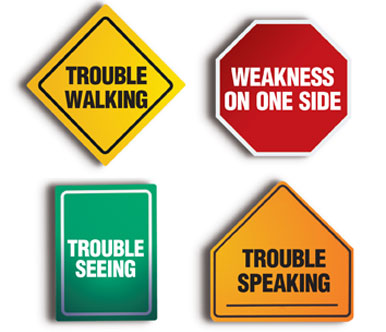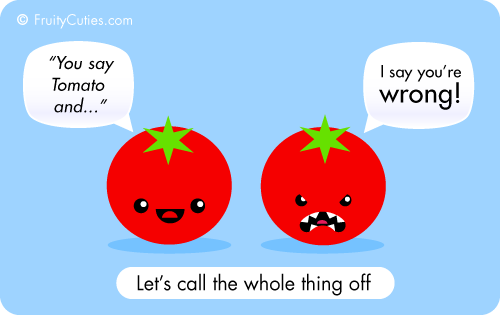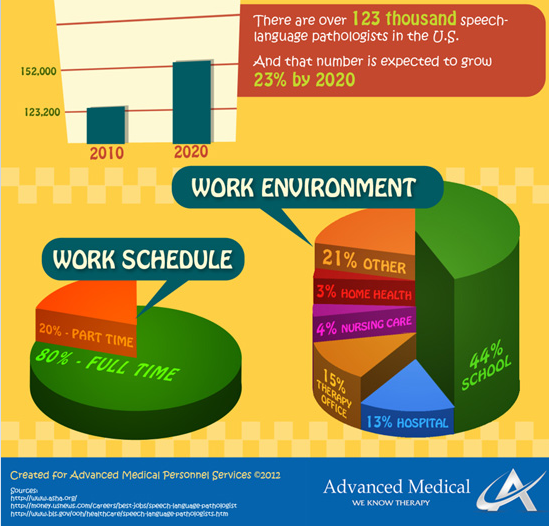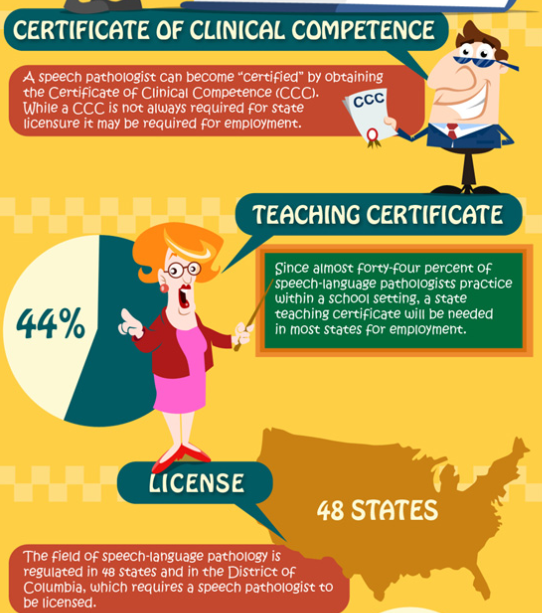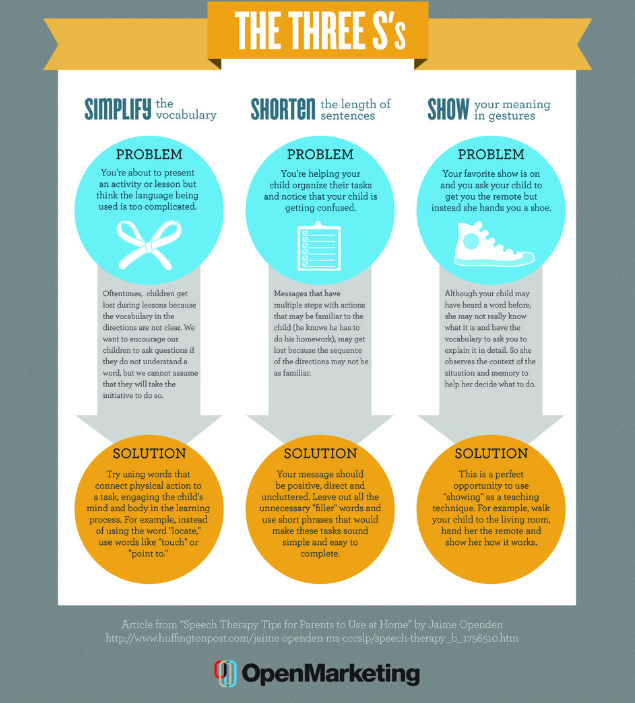The connection between dental health and speech is strong and can be seen in anyone from infants and toddlers all the way through adulthood. While the causes of dental and oral health problems might be different, they can all result in delayed or impaired speech and communication skills. “Baby bottle mouth”, trismus, and temporomandibular disorders (TMD) can all impact a person’s ability to clearly communicate. Continue reading
Kids Can Face Aphasia Caused by Hemiplegia
Language Development Speech Disorders Speech Therapist Speech Therapy TechniquesIf you’ve ever heard of aphasia, chances are you that you have associated it with a condition that affects an older population. However, as many as one in every 1,000 children are affected by childhood hemiplegia, which commonly results in aphasia for these children. Children with hemiplegia (trauma or injury occurring to one side of the brain) may show signs soon after birth, or might not be diagnosed until later in childhood. A child with aphasia might only show mild signs or may find it very hard to communicate at all. Continue reading
Say What? Voice Disorders in Kids
Language Development Speech Therapist Speech Therapy TechniquesHow Parents, SLPs, and Voice Coaches can Help by Teaching Vocal Hygiene
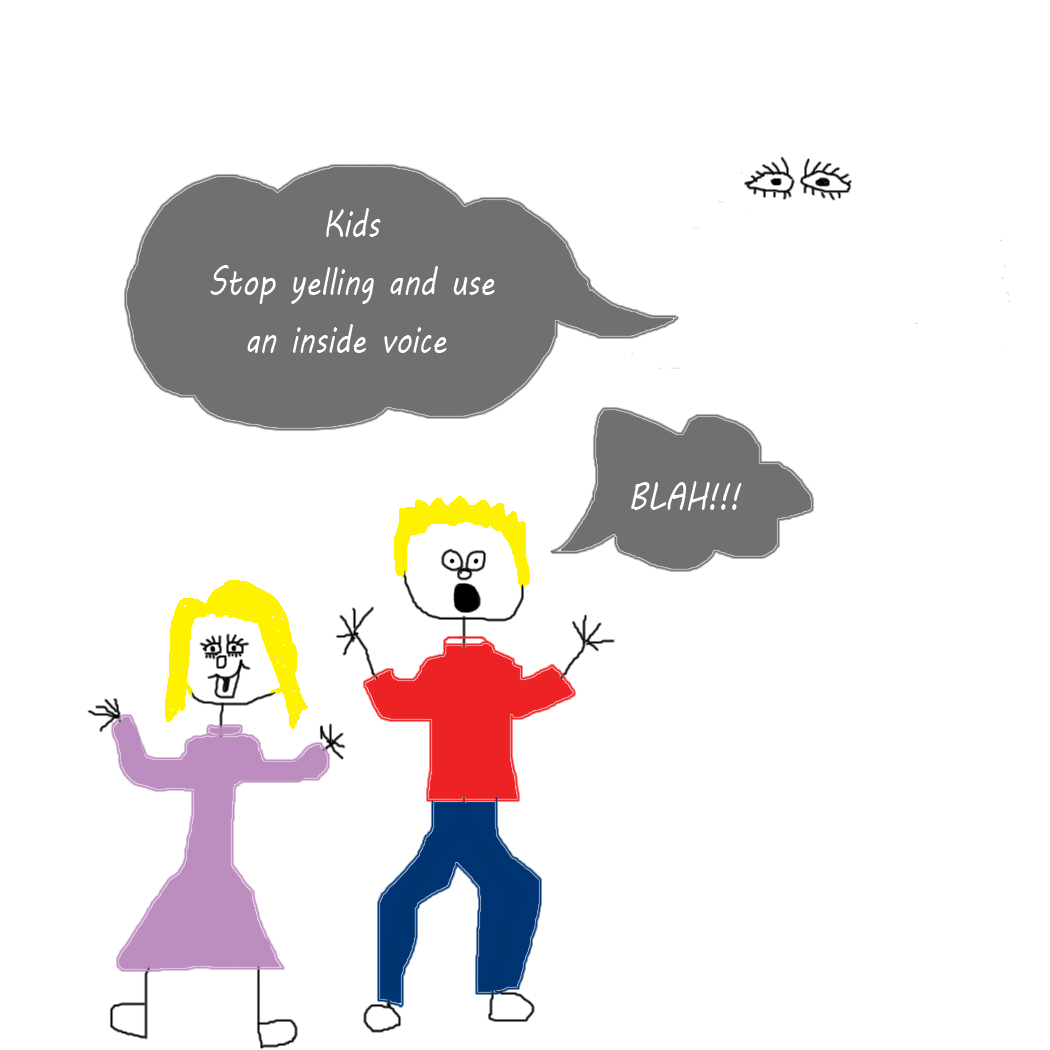
Image Courtesy of thesecondset.com
Maybe you’ve told your kids to wash behind their ears, but have you ever considered their vocal hygiene? Maybe it is time to start, especially if you’re concerned they might have a voice disorder, or dysphonia. While they are some of the rarer forms of vocal and speech problems, voice disorders affect an estimated 1 million children in the United States. Most of these children develop voice disorders due to unhealthy communication practices, such as yelling and straining the vocal cords. While vocal hygiene plays a part in many voice disorders, there are other causes that need to be evaluated by healthcare professionals.
- Laryngitis (the most common type, caused by what some might consider vocal abuse)
- Vocal cord paralysis
- Contact ulcers and sores
- Tumors on the vocal cords, voice box, and within the air passages
- Vocal fold nodules Continue reading
Ear Infections and Fluid in the Middle Ear Can Cause Speech Delays
Hearing Loss Language Development Speech Therapist
Image Courtesy of frenchtribune.com
It is not uncommon for infants and toddlers to experience fluid in the middle ear or ear infections at some point during their early years. However, long-term ear infections or fluid in the middle ear that may go untreated can cause speech delays that may require some form of speech therapy.
What is the Difference between Ear Infections and Fluid in the Ear? Continue reading
Reaching Through the Autism Barrier with Music and Speech Therapy
Language Development Speech Disorders Speech Therapist Speech Therapy TechniquesHow Speech Therapy and Music Can Work Together to Help Those with ASD
If your child has been diagnosed with ASD – Autism Spectrum Disorder – you already know about some of the hurdles they face. While Autism doesn’t have characteristic physical features, like other brain abnormalities and injuries it is often marked by depressed or delayed communication skills, making interacting with the world so much harder. It sometimes feels as if there is an invisible barrier between your child and the people and experiences that make up your community. New approaches with music in speech therapy have been showing great promise for kids with Autism – from high functioning Autistic children to nonverbal Autistic children. Music therapy in general has been used for decades to treat anything from cognitive to behavioral to social disorders. Now speech-language therapists are finding the benefits of this therapy method to help their Autistic patients. Continue reading
The Role of Culture in Articulation Disorders
Language Development Speech Disorders Speech TherapistWhen is Articulation Disorder More than an Accent or Dialect?
If beauty is in the eye of the beholder, then sometimes the speech disorder is in the ear of the listener. If you’ve done any travelling, live in a large city with cultural depth, or have moved from one state to another, you have probably noticed various accents and dialects within the same language. When it comes to articulation disorders, sometimes it is actually more dialectal difference than actual disorder.
Articulation Disorders
Typical articulation disorders that emerge in childhood might include any of the four following:
- Adding – new sounds are added to words, such as a child saying /incredibubble/ instead of /incredible/
- Deleting – a sound is deleted from the word, such as a child saying /do/ instead of /dog/
- Distorting – the sounds are altered, such as a child saying /grampa/ instead of /grandpa/
- Substituting – a new sound is substituted for an original, such as a child saying /free/ instead of /three/
In fact, many times very young children are just experimenting with language and these signs of disorders are outgrown by the time the first day of kindergarten has arrived. For some kids, however, these articulation disorders persist and speech therapy is used to help them overcome these communication hurdles. Continue reading
What is Speech Therapy and What Does a Speech Therapist Do?
Speech TherapistFor the uninitiated, “speech therapist” might conjure up images of a clinician patiently trying to correct a stutter or a lisp. And indeed, speech therapists do treat these issues with a variety of tools – from exercises with Speech Buddies to audio feedback with a tape recorder. But speech therapy is a very broad field, and speech-language pathologists (SLPs) can help your child with everything from pitch regulation to complete sentence formation. So today, in our fourth and final installment of our introductory guide to speech therapy, we’ll answer a common question, “Just what the heck does a speech therapist do all day?”
What is Speech Therapy and How Do I Find a Speech Therapist?
Speech TherapistLast week, we started discussing some of the basics of speech therapy, including why your child might benefit from it. This week, we’ll continue the four-part series, covering questions such as “How do I find a speech therapist?” “How do I do at-home speech therapy?” and “Just what the heck does a speech therapist do, anyway?!?” Whether your child has recently received a diagnosis or you suspect that he might have a speech and language issue (or you just want to brush up on the basics), check out these introductory guides. Then, head over to the comprehensive resources Speech Buddies offers on specific speech issues.
What is Speech Therapy and Why Does My Child Need It?
Speech TherapistRaising a child can be the most difficult job in the world. And now your child’s teacher or pediatrician has recommended that you have him evaluated by a speech therapist, and suddenly life seems even more challenging. First of all – don’t panic! It’s perfectly natural to be worried, but rest assured that speech therapy can work wonders for your child, if he does indeed have a speech disorder or delay. Work with your child’s speech therapist to integrate speech therapy techniques into your child’s daily routine. One starting point is Speech Buddies University, which offers customized exercises to accelerate your child’s progress.
Top 5 Questions to Ask Your Child’s Speech Therapist This Fall
Speech TherapistChildren tend to approach the back-to-school season with a mix of apprehension and excitement. Your kidling might be enthusiastically embracing his brand-new sweaters that allow him to dress up like a pint-sized Jake Gyllenhaal, but at the same time he’s a little nervous about meeting his new teacher and navigating the school hallways. Parental viewpoints are remarkably similar. We might embrace a more structured schedule and we’re eager for them to explore the world around them, but we’re a bit nervous, too. This is especially true if you’re the parent of a child with special needs, like a speech disorder. Children with special needs often have a more difficult time with transition periods. It’s a good idea to chat with your child’s speech therapist about his needs as he enters a new grade. Consider it like a check-up. Use the following questions as a focal point for your conversation with the speech-language pathologist (SLP).


